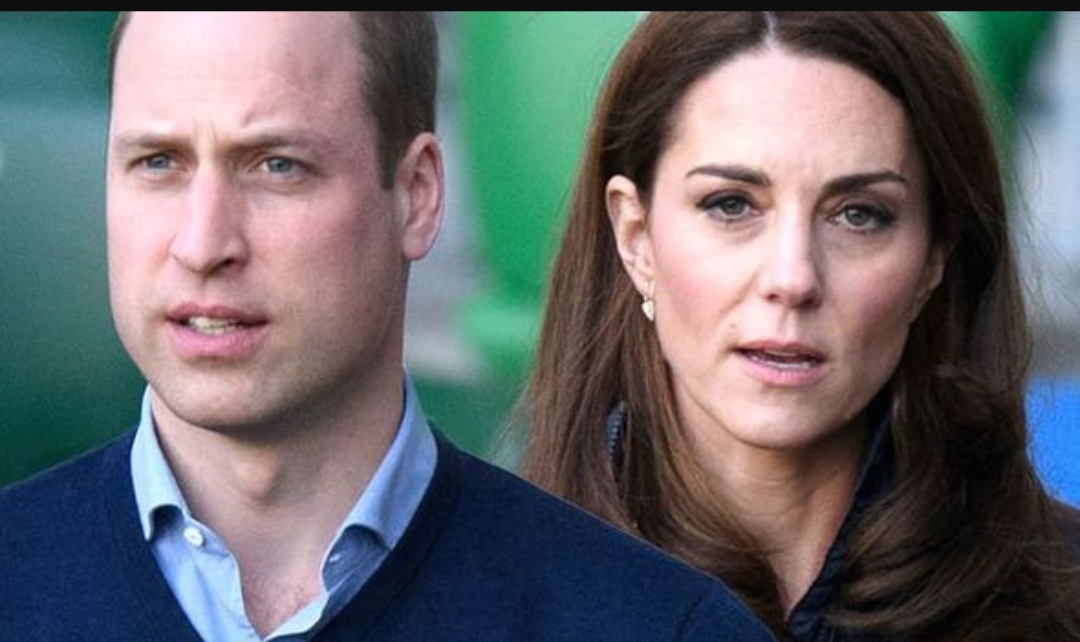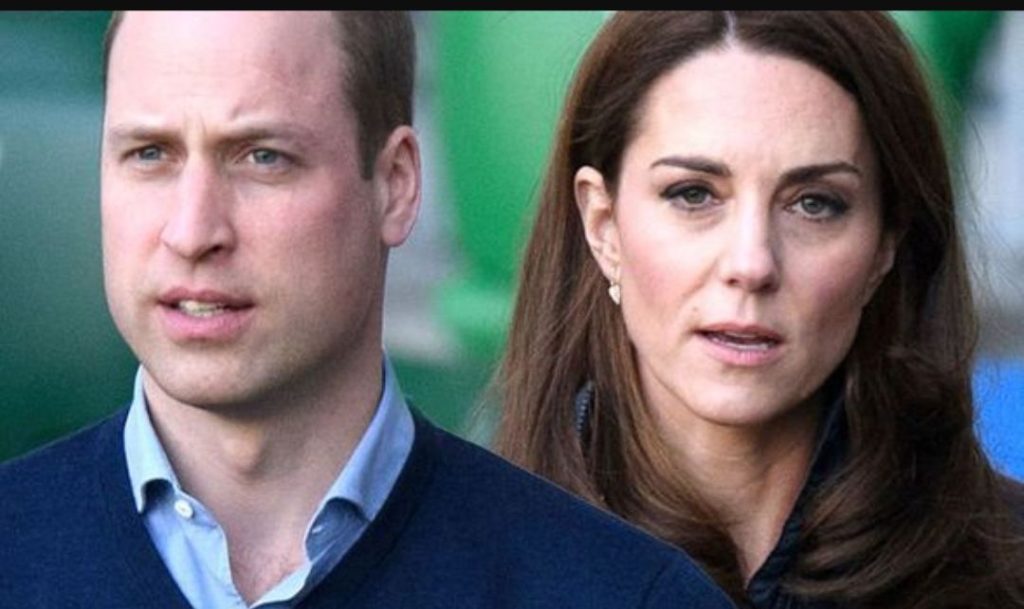
In the realm of royal duties, Princess Kate and Prince William find themselves under scrutiny, labeled as “lazy” by a prominent royal commentator. Despite the Duke and Duchess of Cambridge engaging in 172 and 123 activities, respectively, throughout 2023, their numbers starkly contrast with the remarkable 457 engagements undertaken by Princess Anne in the same period.

According to a report by Express, during an exclusive interview with GB News, royal commentator Gareth Russell delved into the situation, emphasizing that Prince William’s choices reflect his mother’s influence, indicating a prioritization of family life. Russell noted, “This is where you very much see that William is Diana’s son,” shedding light on the close bond between Princess Diana and her eldest son.
Acknowledging Princess Diana’s profound impact on the monarchy, Russell suggested that Prince William and Princess Kate might not be as affected by the criticism as other members of the royal family. He stated, “This is the Diana impact on the monarchy, so I don’t imagine that William and Catherine are as wounded, as maybe other royals would have been by this level of press criticism.”
However, Russell raised a cautionary flag regarding the couple’s reputation, pointing out the potential danger stemming from their current work-home life balance. He warned, “The danger for them is that even though this is almost certainly motivated by prioritizing their home life, it has enabled their critics to paint them as lazy. That reputation can take quite a bit of time to shirk off at the moment.”
In the face of challenges faced by the monarchy in recent years, Prince William and Princess Kate were anticipated to be the “star players” of the Royal Family, attracting positive publicity. Russell, however, warned, “If they’re not seen as often, there is a risk that they enable their critics to write the story for them.”
Russell argued that a robust public engagement strategy is not only beneficial for the public image of William and Kate but for the overall perception of the Royal Family. Despite the couple’s efforts to prioritize family life, the commentator highlighted the risk of allowing critics to shape the narrative, emphasizing the importance of consistent public appearances.
As the discussion unfolds, it becomes apparent that the scrutiny faced by the Duke and Duchess of Cambridge is not merely a reflection of their personal choices but is intricately tied to the larger narrative surrounding the monarchy. The legacy of Princess Diana continues to influence public perceptions, providing a unique lens through which the actions of her son are viewed.
In navigating these challenges, Prince William and Princess Kate walk a delicate tightrope, balancing family priorities with the expectations placed upon prominent figures within the royal fold. The intricate dance between personal life and public duty underscores the complexity of their roles and the nuanced dynamics at play within the monarchy.
As the royal couple grapples with criticisms of perceived “laziness,” the broader question arises: How much of this narrative is a consequence of evolving societal expectations, and how much is rooted in the enduring legacy of Princess Diana? The answers remain elusive, but the spotlight on the Duke and Duchess of Cambridge reveals the ongoing interplay between tradition, public perception, and the personal choices made by members of the Royal Family.




